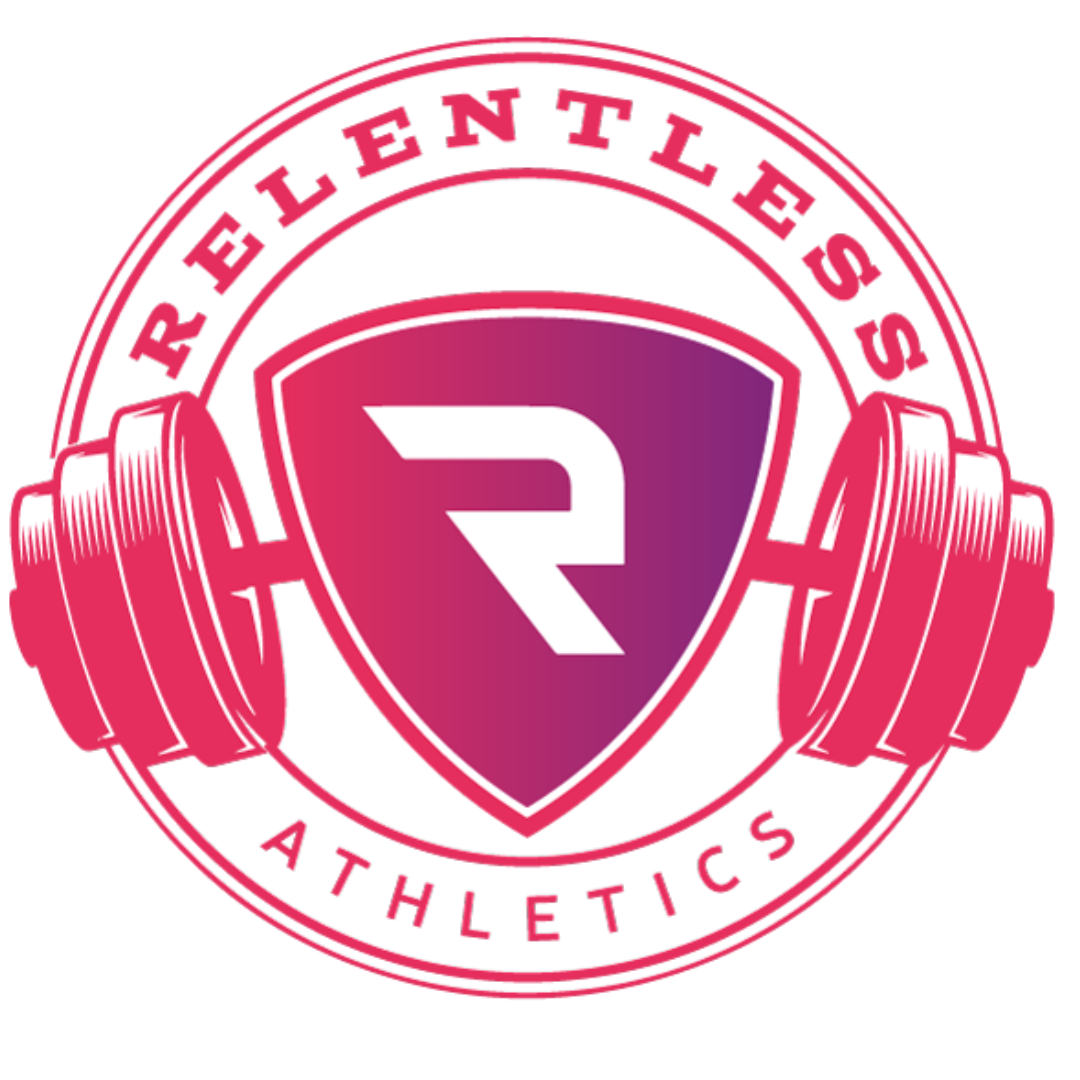Female Athletes are at HIGH RISK of Under Fueling!
Female Athletes are at HIGH RISK of Under Fueling!
By: Steph Garr
We already discussed what happens if you’re not eating enough food, now we’ll get into how you can avoid doing just that in order to keep your body as strong and healthy as possible. Unfortunately, far too many of us struggle with our diet, and research has shown that there’s a growing prevalence of undernourishment, eating disorders, and loss of periods in female athletes.
This is no surprise, really, given how much of our lives revolve around our physical images—and, yes, Instagram (hello, filters). Societal and cultural influences emphasize a certain aesthetic while almost always ignoring the importance of health.
But prioritizing your look over your performance will come at quite a cost.
If you’re underfueling, especially as a high-performing female athlete, you’ll be shortchanging your potential and your overall well-being. In fact, eating too little can lead to loss of muscle mass, strength, and bone mineral density. You’ll also have an increased risk of overtraining, injury, and illness, and some females will stop menstruating—this last thing is one of the biggest, most obvious signs that you’re not eating enough.
Most Female Athletes Are Not Eating Enough
This seems to be a growing problem among female athletes, many of whom may not even be aware that they’re underfueling. As an athlete, you’re busy and you’re working your butt off—constantly—all while trying to maintain a somewhat normal, balanced life. Sometimes you’ll reach for the quickest, easiest source of sustenance or end up skipping meals altogether.
There’s also an overwhelming amount of misinformation about how you should eat; there are the fad diets, the articles based off weak (or even fake) research, and plenty of false marketing in the food industry (just think of any “detox” juice or diet on the market….pretty sure your LIVER does a better job at detoxing your body than a special juice or tea…..)
But if you want to be at the top of your game, your first step isn’t on the training floor—it’s on your plate.
How Much is Enough?
So, how do you even know if you’re eating enough? This is the tricky part, of course, since every one of us has different dietary needs depending on age, body size, lifestyle, any underlying conditions, and how physically active you are. What makes it even trickier is that even the experts can’t seem to agree on how much is enough, especially for active people.
To simplify things some, there are a few formulas you can use to get an estimate of your caloric needs. One popular one is the Harris-Benedict equation. Here’s an example of how to calculate this for an 18-year old female who stands at 5’5”, weighs 135 pounds, and is “vigorously active” (i.e. swimming two hours daily):
BMR (Basal Metabolic Rate) = (10 × weight in kg) + (6.25 × height in cm) – (5 × age in years) – 161
For a “vigorously active” person: BMR x 2.25
For this example: (10 x 135/2.2) + (6.25 x 2.54 x 65) – (5 x 18) – 161 = 1,395
1,395 x 2.25 = 3,139 calories
So, this athlete would require over 3,100 calories per day. And as her activity levels increase, her caloric intake must as well. It’s also been suggested that athletes doing moderate levels of intense training (2-3 hours per day of intense exercise performed 5-6 times per week) or more extreme training (3-6 hours per day of intense training for 5-6 days per week) may need to increase their daily energy consumption by anywhere from 600-1,200 calories per day.
Know Your Body
You can’t just depend on counting calories, though. You need to become more in tune with your body as well. As an athlete, you’re already quite body-aware, so this should come pretty naturally. Start to do a daily check-in with yourself to note how you feel and how you train depending on how and what you eat. If you’re feeling tired or sluggish or your performance is suffering, the first thing you should focus on is how you’re fueling yourself.
If you’re struggling with this, you may want to work with a nutrition coach to offer individualized recommendation and support. It’s worth it, because if you prioritize your health, your body will inevitably respond positively—and so will the way you look at it.
About the authorStephanie Garr is a certified nutrition consultant, yoga teacher, writer, and editor. She received degrees in journalism and psychology from the University of Iowa, where she was also a member of the women's gymnastics team.


